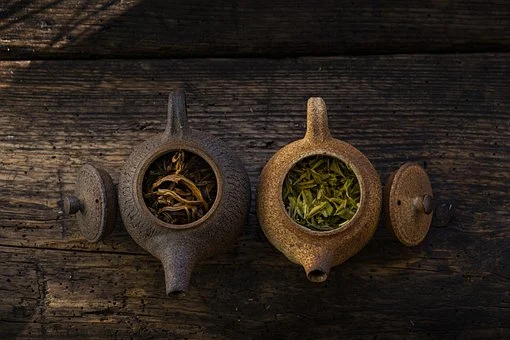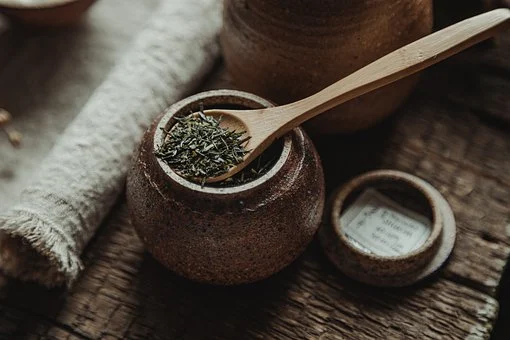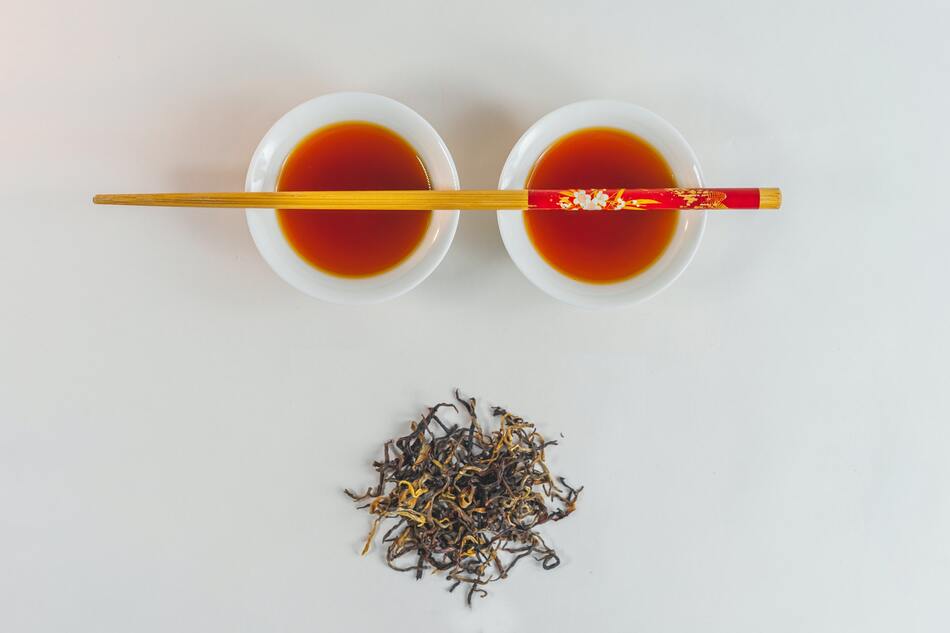Brewing the perfect cup of tea is an art form. There are so many variables to consider – water temperature, steep time, and type of tea leaves, to name a few. But one of the most important factors is how long you should let your tea steep. In this blog post, we will answer the question: how long does loose leaf tea last?
Loose Leaf Tea Shelf Life

While many people believe that loose leaf tea has a shorter shelf life than tea bags, this is not necessarily the case. They can be stored for a longer period, provided it is stored properly. The key to extended shelf life is to keep the tea leaves dry and free from moisture.
Tea leaves can absorb moisture from the air, which can cause them to deteriorate and lose flavor. When storing loose leaf tea, be sure to use an airtight container that will protect the leaves from moisture and allow them to stay fresh for months or even years. With proper storage, these can be enjoyed long after it has been purchased.
Best Way To Store Loose Leaf Tea
There are many different ways to store loose leaf tea, but some methods are better than others. One of the best ways to keep your tea fresh is to store it in an airtight container. This will help to keep the tea leaves from drying out and losing their flavor. It is also important to keep your tea away from light and moisture. Store the container in a cool, dark place, such as a cupboard or pantry.
You should also avoid storing loose leaf tea in the fridge, as the cold temperature can damage the delicate flavor of the tea. With proper storage, your loose leaf tea will stay fresh for months.
How To Tell If Tea Leaves Has Gone Bad
There are few things more refreshing than a cup of hot tea on a cold day. However, if your tea leaves have gone bad, that perfect cup of tea can quickly become a disaster. Here are a few ways to tell if your tea leaves have gone bad:
- The leaves are discolored or have changed color.
- Leaves have developed an off-putting smell.
- The texture of the leaves has changed, becoming either mushy or crumbly.
If you notice any of these changes, it’s best to discard the tea leaves and start fresh. With proper storage, tea leaves can last for several months. However, over time the flavor and potency will begin to fade, so it’s always best to use fresh tea leaves for the best flavor.
Brewing The Perfect Cup Of Tea
Now that you know how to store your loose leaves, it’s time to learn how to brew the perfect cup. Here are a few tips:
- Use fresh, cold water for brewing. This will help to extract the maximum flavor from the leaves.
- Bring the water to a boil, then allow it to cool for about 30 seconds before pouring over the tea leaves.
- Use about two grams of tea leaves per cup of water. This can vary depending on the type of tea and your personal preferences.
- Steep for three to five minutes, then remove the leaves and enjoy.
With these tips, you’ll be able to brew the perfect cup of tea every time. And with proper storage, your loose leaf tea will last for months. Enjoy!
Loose Leaf Vs Tea Bags: Which Tastes Better?

When it comes to tea, there are two main brewing methods: loose leaf and tea bags. While both methods can produce a delicious cup of tea, many people find that loose leaves tastes better. One reason for this is that its leaves are often of a higher quality than the leaves used in teabags.
In addition, loose leaves have more space to unfurl, releasing their flavor more fully into the water. As a result, loose-leaf often have a richer taste and aroma than those made from tea bags. Moreover, loose leaf tea provides a more authentic experience, as it is the traditional method of brewing tea. For these reasons, many people believe that loose leaves tastes better than tea made from tea bags.
Types Of Loose Leaf Tea
There are four main types of loose leaf tea: white, green, oolong, and black.
White Tea
Tea is one of the most popular beverages in the world, and there are many different types to choose from. One of the most popular types of tea is white tea, which is made from the youngest leaves of the Camellia sinensis plant. Unlike other types, this is minimally processed, resulting in a delicate flavor.
It also has several health benefits, including improved heart health and reduced inflammation. In addition, white tea contains antioxidants that can help to protect against cell damage. If you’re looking for a refreshing and healthy beverage, this is a great choice.
Green Tea
Green tea is one of the most popular types of tea in the world, and for good reason. They are packed with antioxidants, which have been shown to offer numerous health benefits, including reduced inflammation and improved heart health. In addition, it has been shown to boost metabolism and aid in weight loss. For these reasons, many people choose to drink this on a daily basis.
However, not all green teas are created equal. Loose-leaf green teas are generally considered to be of higher quality than pre-packaged teas, as they contain more nutrients and have a fresher flavor. As a result, loose leaves are often the preferred choice of tea connoisseurs.
Black Tea
If you’re looking for a rich and full-flavored cup of tea, loose leaf black tea is the way to go. Unlike pre-packaged tea bags, it allows for more expansive leaves to loosen, release their flavor Rick and expand in the water, resulting in a bolder taste. In addition, loose leaves are often made from higher-quality leaves, which can result in a more intricate flavor profile.
Whether you’re a fan of rich Ceylon black tea or smooth Darjeeling, brewing loose leaf is the best way to enjoy the full flavor of your favorite blend. And with a little practice, brewing loose leaf tea is easy to do at home. Simply warm your teapot or kettle, measure out the leaves, and steep for three to five minutes.
Final Thoughts
Loose leaves offer many benefits over traditional teabags. It is more flavorful and can be brewed to the perfect strength. In addition, it leaves room for the expansion of the leaves, resulting in a better infusion. Thanks for reading!

